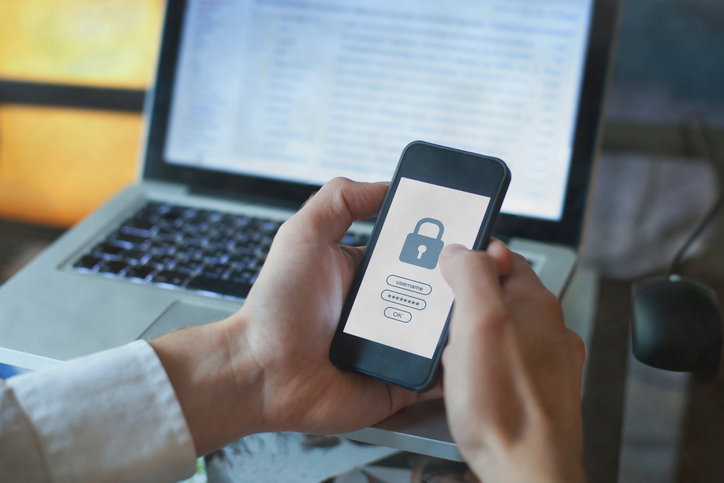 Cyber Safety is crucial this time of year. Cybercriminals go where the money is. During the busy holiday season, that means the retail sector. A recent report from myTotalRetail.com found that cybercrime is on the rise in the U.S., with an estimated $2 billion loss to retailers alone last year. The study also found that consumers spent more than $1 trillion online between Thanksgiving Day and Christmas Eve. We all love to shop online, avoiding long lines and picking up deals while sipping a latte what’s not to like? To keep you safe while shopping online this holiday season we’ve come up with…
Cyber Safety is crucial this time of year. Cybercriminals go where the money is. During the busy holiday season, that means the retail sector. A recent report from myTotalRetail.com found that cybercrime is on the rise in the U.S., with an estimated $2 billion loss to retailers alone last year. The study also found that consumers spent more than $1 trillion online between Thanksgiving Day and Christmas Eve. We all love to shop online, avoiding long lines and picking up deals while sipping a latte what’s not to like? To keep you safe while shopping online this holiday season we’ve come up with…
6 cyber safety tips to keep in mind before you hit the buy now button
Download Printable Article (PDF) >>>
1. Verify you are on a secure site
To check if a site is secure, you should see a small padlock icon in the web address bar. It’s also important to make sure the address starts with “https://” instead of “http://” which indicates an unsecured connection.
2. Perform the “hover” test
Before you click any link or respond to any email, always hover your mouse over the sender address or included link. When you hover over the link, an embedded link address will pop up. If there is any concern about the link or the information that pops up, it can be stopped before it spreads or does damage. For example, if the sender address and the website address match and if their previous messages did not contain any typos or other
errors, you can be assured that they may be trustworthy.
3. Use a Credit Card, not a Debit Card
Debit cards withdraw money directly from bank accounts and do not offer the same level of protection from fraud that credit cards do. Utilizing a payment gateway, such as Apple Pay or PayPal, can add another layer of protection so you won’t have to input your information again.
4. Check your bank statements frequently
Check your statements frequently. If you find anything strange going on, you should report it as quickly as possible. For example, if something is bought or sold without your approval then this could be a sign that your account has been hacked and should be reported immediately. If you notice any issues or discrepancies, take action to protect your identity immediately. The Department of Homeland Security has protection tips for preventing & dealing with identity theft. These are worth reviewing if you want to keep your info secure.
5. Keep your personal information safe and stay on the lookout for anyone asking you to update or change any of it
A reputable retailer is not going to email you and ask for your personal information. If you get a notification about your purchase or are asked to submit updates to your information, it is better to pick
up the phone and call the company directly or log on to the authentic website by typing the web address. This will allow you to validate the request and help protect you if the request isn’t legitimate.
6. Do your research, not all shopping apps are equal
To make sure you don’t download malicious apps, your best bet is to only download from the official app stores such as those by Google or Apple. Beware of anything that asks for suspicious permissions, such as access to your contacts, text messages, administrative features, stored passwords, or credit card info.
Cyber Safety this Holiday Season
We hope you found these tips useful. Cyber thieves want to ruin your holiday, but don’t give into the bah humbug. Happy Holidays to you and yours from Kokua Technologies.
ABOUT:
Ben Hecht is the Senior Director of Business Development for Kokua Technologies, a managed IT solutions provider located in Berlin, NJ. Kokua is the Hawaiian word for help – and this dedication to support is the foundation of the company’s impact for large multi-location firms, small one-location businesses, and residential users since 1989.



